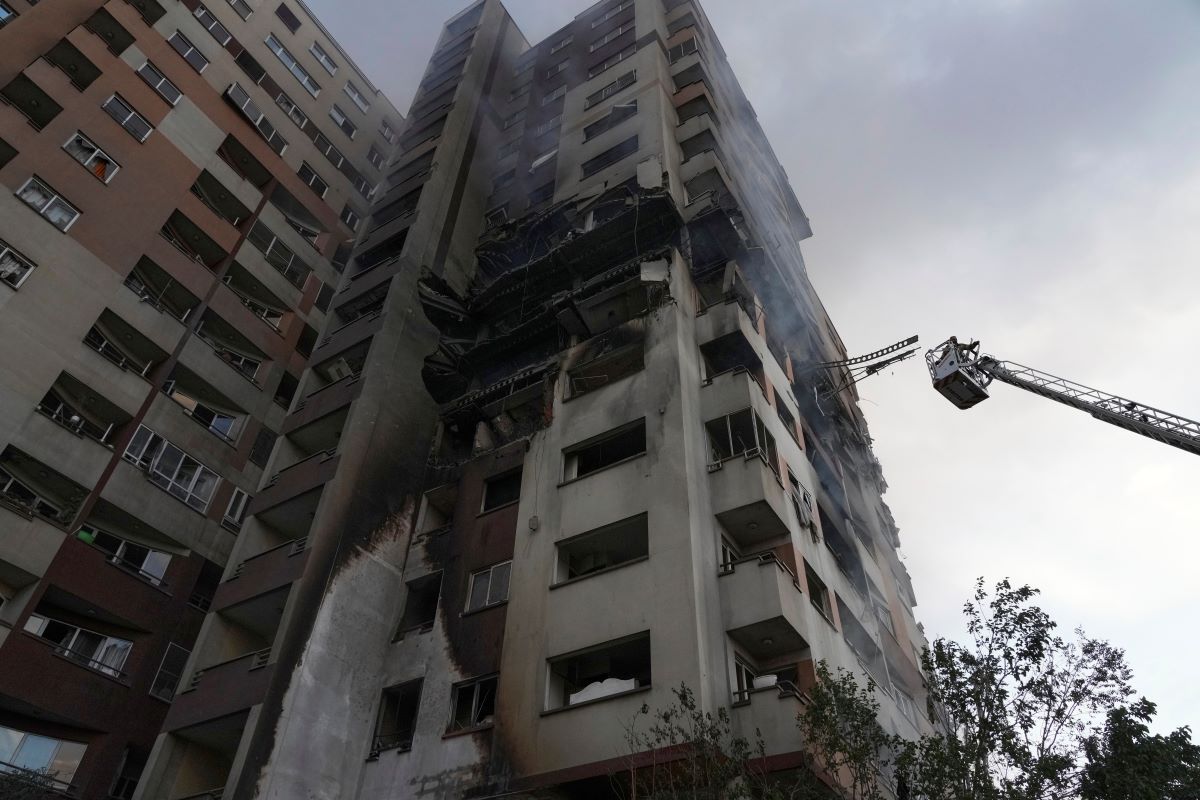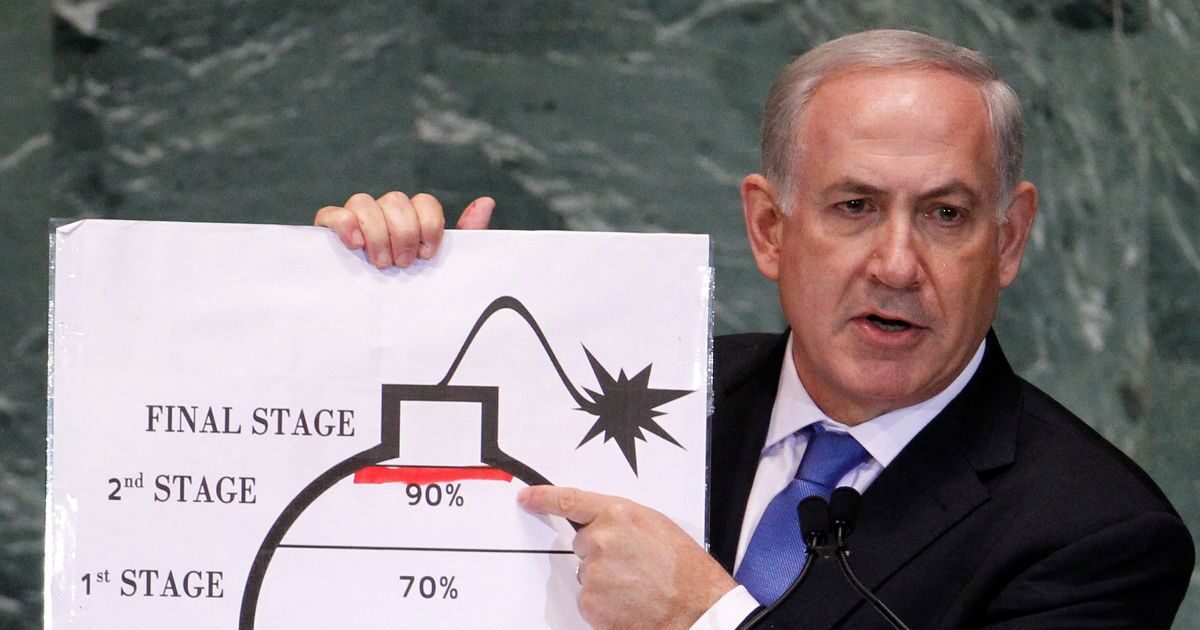Out of bounds the conflict between Israel and Iran. The Israelis fired a fierce attack on Tehran military and nuclear facilities in a development that leads the Middle East to the wake of the general war.
The Iran already passed on the counterattack by launching drones and rockets. But he is alleged to be preparing even harder retaliation against Israel.
The operation, called “Rising Lion”, marks one of the most dramatic military movements of the last decades in the region. Benjamin Netanyahu said Iran is a “existential threat” to Israel. The leader of the Revolution Guards, as well as other leaders of the Armed Forces and the Tehran nuclear program, fell dead.
Alert Athens and the backdrop of rapid developments. Prime Minister Kyriakos Mitsotakis returns extraordinary from Sweden for Extraordinary meeting of the National Security Council (KYSEA) which will take place this afternoon on Friday (13.06.25).
But what prompted Israel to attack Iran and why now, she is dealing with analysis of the BBC.
Rumors of a possible Israeli blow against Iran’s nuclear facilities have been circulating for years, but in recent days they have been rapidly intensified. On Thursday, American media reported that such an attack was imminent.
Israel has long been worried that the US and Iran conversations (continuing from April) for a new nuclear deal may allow Iran to maintain some nuclear program – Something that Israel has stated that it cannot accept in any form.
It has been warning for years of what it considers to be an existential threat from the Iranian nuclear program.
Israeli Prime Minister Benjamin Netanyahu has made this issue a constant reference point since the 1990s, the British media notes.
Iran, for its part, categorically denies that it seeks to acquire nuclear weapons, insisting that its program has exclusively peaceful, political purposes.
However, the Western forces, as well as the International Atomic Energy Organization (IAEA), are not convinced. On Thursday, IAEA approved a resolution – for the first time in 20 years – which states that Iran is violating its nuclear duties.
Speaking while the attacks had already begun, Netanyahu said that Iran has already produced plenty of material for – theoretical – nine nuclear bombs, which agrees with a recent IAEA estimate. According to him, Iran threatens Israel’s “survival”.
The decision to attack the exploitation of a temporary window of opportunity: Iran has not yet restored the air defense systems destroyed during the October Israeli raid – and the blow is catching the next round of nuclear negotiations scheduled for Sunday.
Israel is causing an unprecedented blow to the Iranian elite
The Israeli attack on Iran is not just more extensive and fierce than last year’s two military operations. It also seems to adopt the strategy used against Hezbollah in Lebanon last November.


This includes not only blows against Iran’s missile bases – thus limiting its ability to counterattack – but also attacks aimed at killing key executives of Iranian leadership.
OR Strategy of “beheading” attack on senior Hezbollah executives It had devastating consequences for its organization and ability to organize a sustainable reaction.
Footage from Tehran show buildings hit targeted – images similar to Israeli attacks in the southern suburbs of Beirut, which had ended up in the murder of Hezbollah leader, Hassan Nasrala.
So far, there seems to have been killed by a physiognomy of a corresponding range in Iran. Supreme leader Ayatollah Ali Khamenei was not a goal.
However, the assassination of the Chief of the General Staff, the head of the Revolutionary Guards and several leading nuclear scientists in the early hours of the business – which Netanyahu hinted to take days – constitutes an unprecedented blow to the Iranian elite.
This will probably require most fierce response than Iran compared to his two attacks on Israel last year. But at the same time it may have a great deal of difficulty Tehran in organizing an effective reaction.
This seems to be the cold strategic assessment made by Netanyahu, ordering this escalation of the conflict.
Iranian Armed Forces stated today that will not have ‘limits’ In their response to Israel after the attacks launched in the capital Tehran and other cities in the country.
“At the moment the terrorist regime, which is occupied by Al-Kund (Jerusalem in Arabic), has violated all the red lines,” there are no “limits to answering this crime,” the Iranian Armed Forces General Staff said in a statement.
